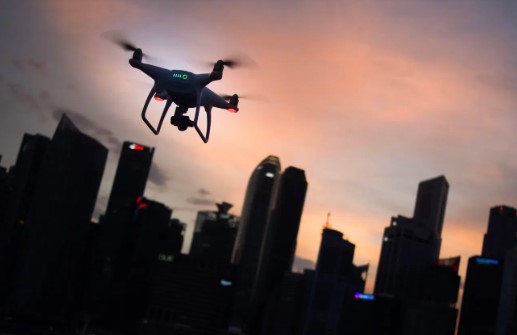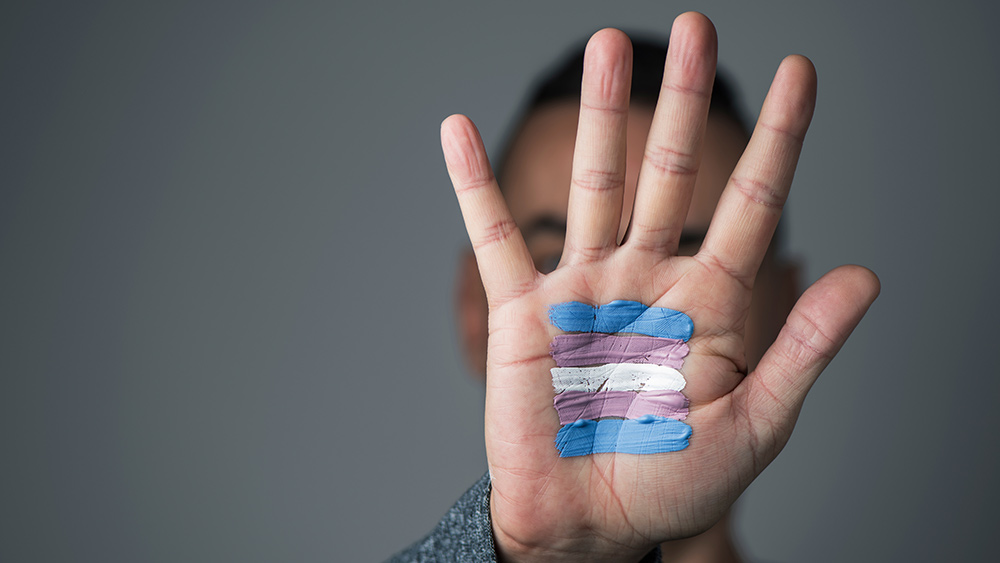
- Manhattan prosecutors dismissed the manslaughter charge against Daniel Penny, a former Marine accused of using a chokehold that led to Jordan Neely's death during a subway encounter, after jurors were deadlocked twice on the charge.
- Penny maintains his actions were self-defense to protect himself and other passengers from Neely, a homeless man with a history of erratic behavior, sparking a debate over self-defense and public safety.
- The jury's deadlock on manslaughter suggests differing opinions on whether Penny acted recklessly, highlighting the complexities of proving recklessness in self-defense cases.
- Penny now faces a lesser charge of criminally negligent homicide, which carries a potential four-year prison sentence, raising concerns about overcriminalization in self-defense cases.
- The case underscores broader issues of mental health and homelessness, while emphasizing the importance of protecting the right to self-defense as a fundamental principle in society.
The case has put a spotlight on several bigger issues
The case also highlights the broader issues of mental health and homelessness in New York City. Neely, who had a history of mental illness and erratic behavior, fell through the cracks of a broken system that failed to provide him with the support he needed. While this tragedy is a stark reminder of the urgent need for mental health reform, it should not be used to vilify Penny or discourage others from taking action to protect themselves and their communities. The right to self-defense is not just a legal principle; it is a moral imperative. In a society where law enforcement cannot always be present to protect citizens, individuals must have the ability to defend themselves and others from harm. Penny’s case is a reminder that the legal system must balance accountability with the recognition of self-defense as a fundamental right. As the jury continues deliberations on the criminally negligent homicide charge, it is crucial to remember the broader context of this case. The right to self-defense is a cornerstone of a free society, and it must be protected even in the face of tragic outcomes. Penny’s actions may have been controversial, but they were taken in the belief that he was protecting others from a dangerous situation. In a world where public safety is increasingly uncertain, the ability to defend oneself and others must remain a fundamental right. The dismissal of the manslaughter charge is a step in the right direction, but the broader debate over self-defense and public safety remains unresolved. As this case continues, it is essential to uphold the principles of personal responsibility and the right to self-defense, ensuring that individuals like Daniel Penny are not unfairly punished for acting in the defense of others. Sources include: NYPost.com NBCNewYork.com NBCNews.com TheMirror.comElon Musk seeks to turn SpaceX’s Starbase into a Texas city
By Kevin Hughes // Share
FAA bans drones in NJ and NY, raising questions about national security risks
By Cassie B. // Share
Top 10 INSIDIOUS PLOTS cooked up by the Democrats over the past 4 years
By S.D. Wells // Share
DOJ accuses CVS of fueling the opioid crisis – and charging taxpayers
By Willow Tohi // Share
Decentralize.TV: Mike Adams and Todd Pitner discuss implications of CTA – Corporate Transparency Act
By Kevin Hughes // Share
Emergencies Act invocation ruled unconstitutional: Trudeau’s government under fire
By Willow Tohi // Share
Trump administration scraps Kerry’s climate office, citing ideological overreach
By willowt // Share
Major tech and manufacturing giants ramp up U.S. investments amid push for domestic production
By lauraharris // Share
Texas launches its own state agency modeled after Elon Musk's DOGE
By lauraharris // Share
Supreme Court leans toward parents in LGBTQ curriculum dispute
By lauraharris // Share











